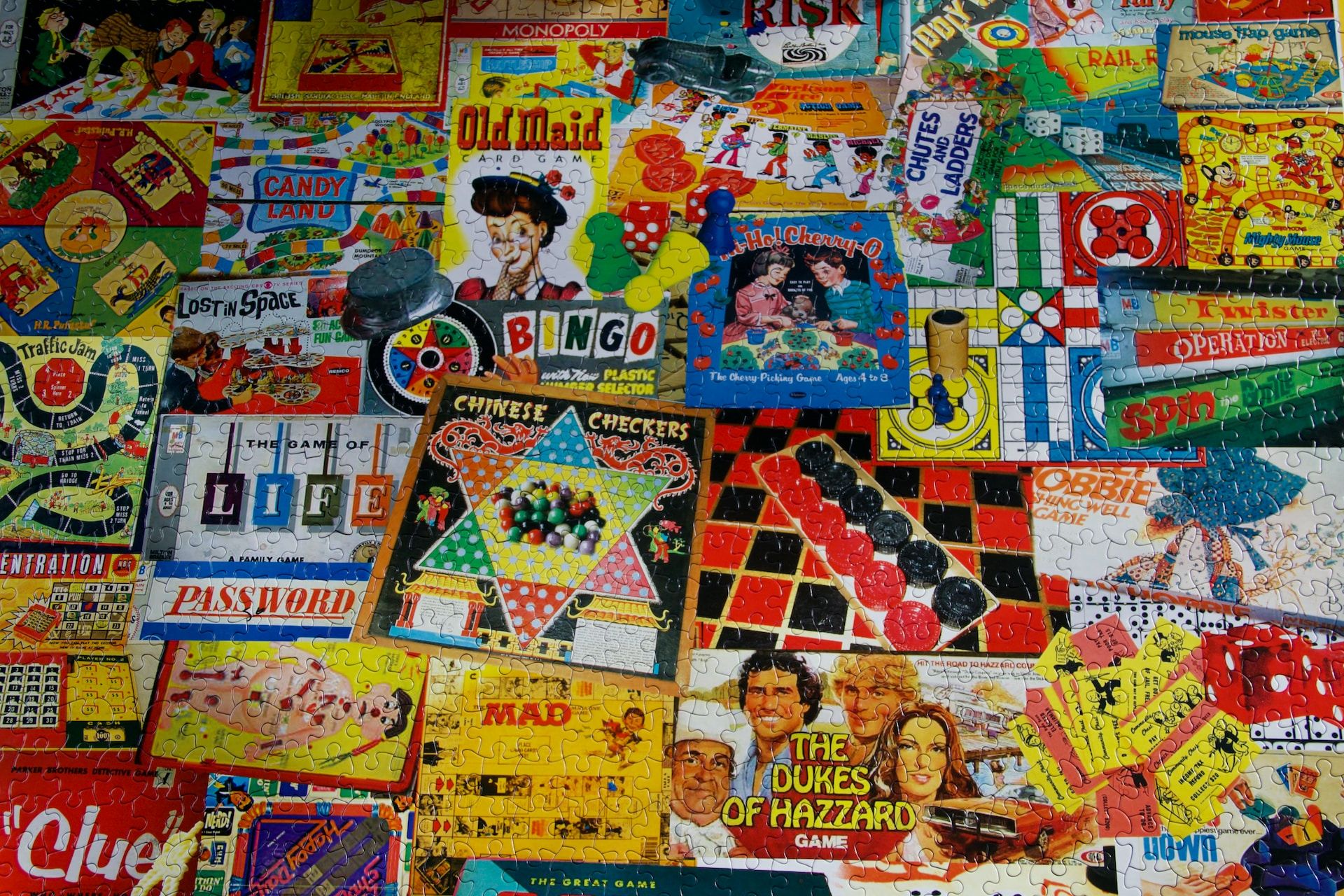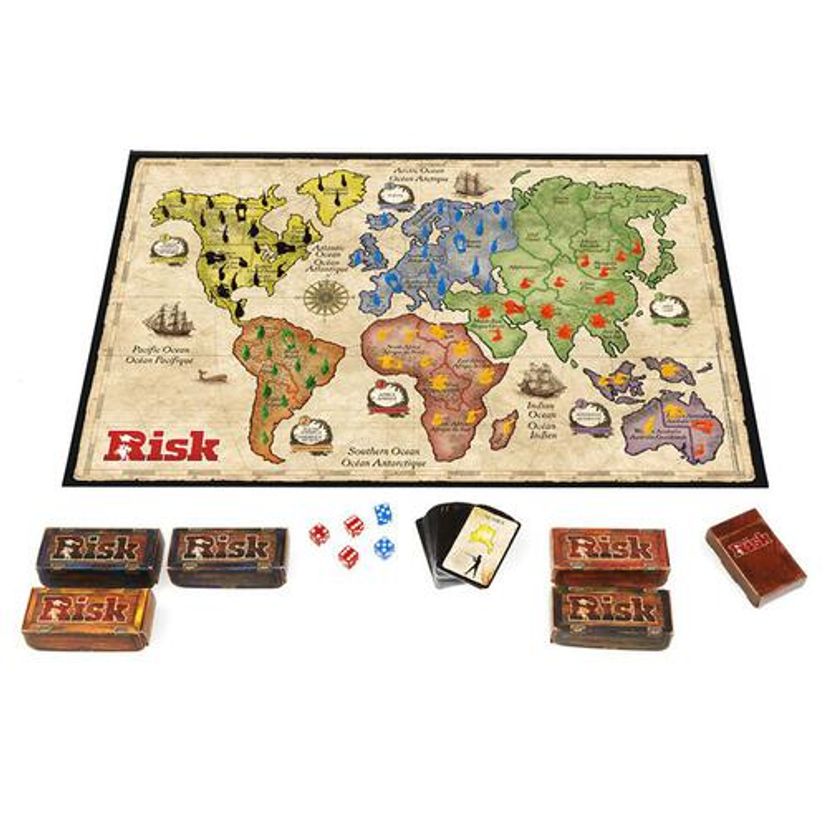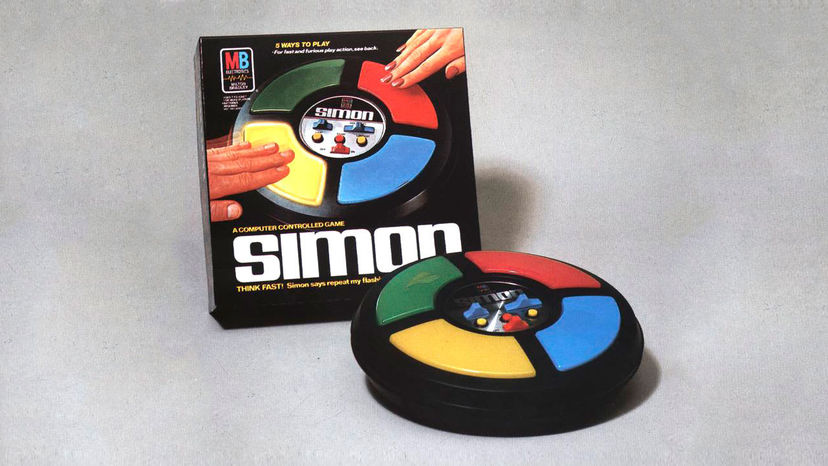Board Games for Brains: Boosting Cognitive Skills the Fun Way

Playing board games is an exciting way to spend time with family and friends. But did you know that they are also a great tool for improving cognitive skills?
In this blog post, we will explore the benefits of educational play and how to make board games fun for everyone.
We will discuss the types of board games that are perfect for boosting your mental abilities and discover how you can incorporate them into your routine for a winning combination of learning and entertainment.
Can Board Games Really Boost Cognitive Skills?
Yes, they can! Board games have proven benefits when it comes to enhancing cognitive skills.
These games challenge your brain by requiring mental calculations, strategic thinking, and effective communication.
They engage in various cognitive functions such as memory, attention, and problem-solving. So, they are not only enjoyable, but they can help improve your intellectual abilities as well.
What Types of Board Games are Best for Improving Cognitive Skills?
There are numerous board games available that cater to different tastes and preferences.
A few common types stand out when considering cognitive benefits:
1. Strategy Games

These games, such as Risk and Settlers of Catan, require high-level thinking and planning. They promote problem-solving and analytical skills.
2. Word Games
Games like Scrabble and Boggle challenge your vocabulary and language skills. They can help you improve your linguistic abilities and encourage creative thinking.
3. Memory Games

Concentration-focused games, like Memory or Simon, aid in memory retention and recall. They enhance focus, concentration, and quick thinking.
4. Puzzle Games
Board games like Carcassonne and Blokus challenge spatial reasoning and pattern recognition. They sharpen these essential skills required in everyday life.
5. Cooperative Games
Cooperative games, such as Pandemic and Forbidden Island, emphasize teamwork and communication. They foster interpersonal skills and decision-making.
How Can You Make Board Games Fun for Everyone?
To make board games enjoyable for all participants, consider the following tips:
1. Choose Age-Appropriate Games
You can find board games for every age group. When playing with family or friends, select a game that caters to the youngest participant to ensure everyone can participate.
2. Keep the Atmosphere Light and Fun
Encourage lighthearted play and laughter. Remember that it's okay to make mistakes and learn while playing.
3. Rotate Games Regularly
To prevent boredom, rotate the games you play frequently. This variety will not only keep players engaged but will also introduce various cognitive skills.
4. Introduce a Social Aspect
Social interaction is a significant component of enjoying board games. Use these sessions as an opportunity to converse, bond, and catch up with friends and family.
5. Give Encouragement and Recognition
Celebrate achievements and progress, even small ones. Positive reinforcement motivates players, especially children, to keep trying and improving.
How to Incorporate Educational Play into Your Routine?
Integrating educational play into your day-to-day life can be effortless and enjoyable. Here are a few ideas to help you get started:
1. Designate a Family Game Night
Pick a day and time, such as every Friday evening, for a weekly game night. This routine will enable family members to bond and engage in educational play together.
2. Play Board Games as a Social Activity
Instead of traditional outings, invite friends and neighbors for a game night. It's a cost-effective alternative to traditional social events and a way to demonstrate the power of educational play.
3. TaKe Board Games along during Travel
Board games make for fantastic travel companions on trips and vacations. They're an engaging way to pass the time and keep your cognitive skills sharp even while on holiday.
4. Make Board Games a Part of Your Learning Plan
If you're homeschooling or want to supplement your child's learning, incorporate board games into educational plans and activities. Ensure that the games align with your child's interests and cater to his or her academic level.
5. Gift a Board Game
Gifting board games to friends and family can encourage them to participate in educational play and create more opportunities to enjoy board games together.
Conclusion
Playing board games is more than just a pastime, and with careful selection, it can offer a multitude of cognitive benefits through educational play. So gather your friends and family around the table, roll the dice, and indulge in some brain-boosting entertainment!




